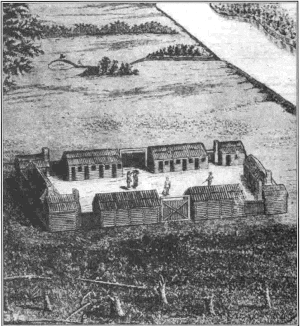Wry Catcher
Diamond Member
- Banned
- #61
What does the word infringed mean?
1. To break, as contracts; to violate, either positively by contravention, or negatively by non-fulfillment or neglect of performance. A prince or a private person infringes an agreement or covenant by neglecting to perform its conditions, as well as by doing what is stipulated not to be done.
2. To break; to violate; to transgress; to neglect to fulfill or obey; as, to infringe a law.
Link: Search => [word] => Infringe :: 1828 Dictionary :: Search the 1828 Noah Webster's Dictionary of the English Language (FREE) :: 1828.mshaffer.com
1828 Dictionary, first published in the US.
So, to be taken literally, anyone - a drunk, drug addict, child abuser, wife abuser, felon, pyschotic paranoid schizophrenic, child, etc. etc. cannot have their right to own, possess, carry or control any arm or firearm, anywhere - loaded or not infringed.
Does anyone believe the founders believed this to be so?
That's your interpretation, but it isn't what the Founders meant.
I'm not sure anyone knows what the individual Founder's meant. They were individuals and each was successful and wealthy. Don't ever dismiss self interest as motivation; few movements in human history were framed solely (or even obliquely) by altruistic reasons.
They wanted to preserve the liberty they fought for, but they didn't want a standing army that someone within could use to take away that liberty. They saw that happen in Europe, country after country. They saw the populace disarmed, country after country. So they wrote those two themes into the Constitution. They forbade the populace from being disarmed and choose a well regulated militia to defend the US instead of a standing army, that they really couldn't afford anyway, but didn't want it to happen. That way they could get the states to train their individual militias, who would rally together if attacked.
Infringe means to invalidate, annul, or to take away the legal force or effectiveness of.
The definition I offered is taken from the first dictionary published in the United States. Do you have a source/link for the one you propose?


